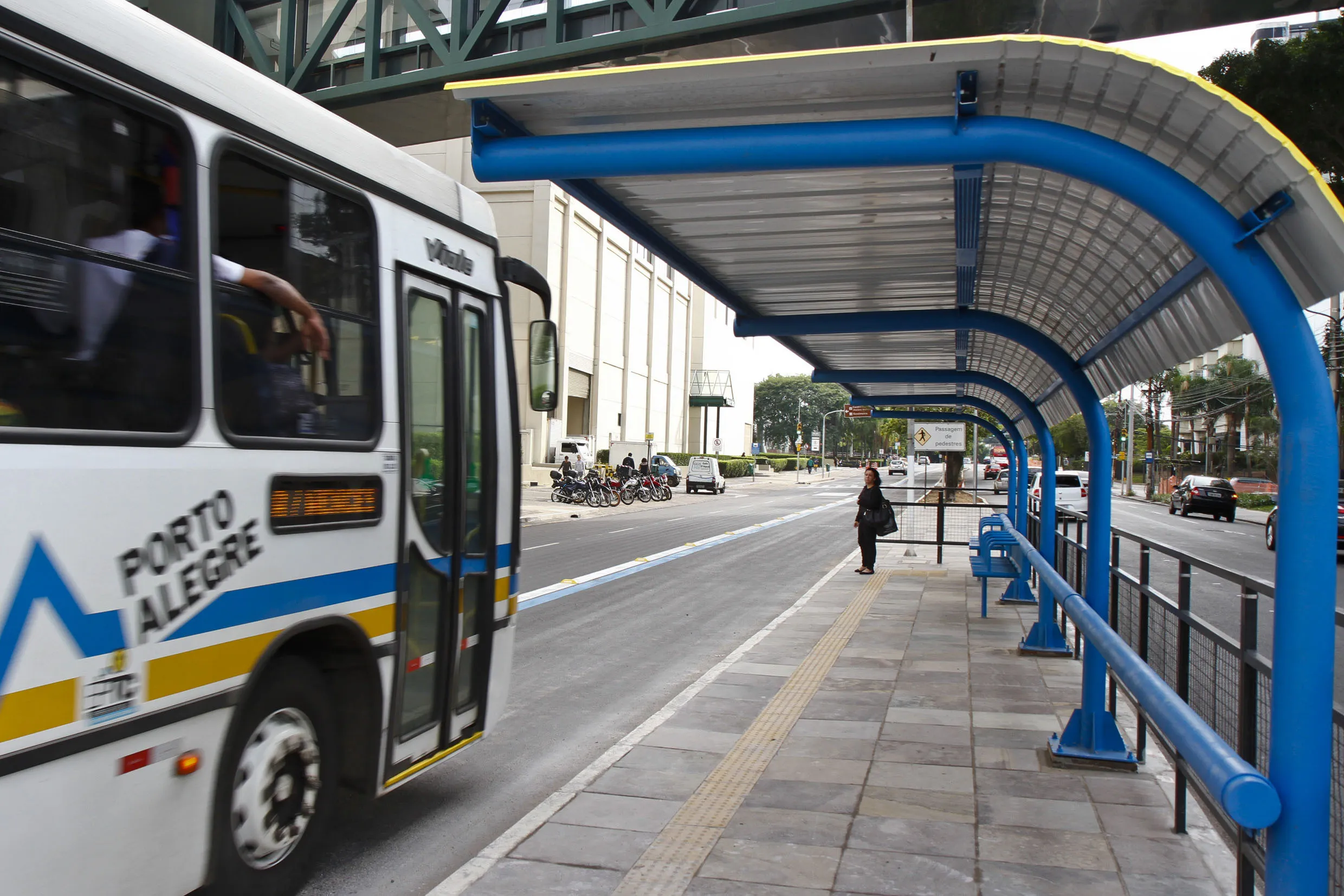Pereira - part of the University’s transport studies unit and Brazil’s Institute for Applied Economic Research – was honoured at the 2019 Summit of Transport Ministers in Leipzig, Germany.
His winning paper investigated the impact of Rio de Janeiro’s TransBrasil bus project on the accessibility and employment opportunities for different income groups in the Brazilian city.
TransBrasil is a Bus Rapid Transit (BRT) corridor which currently links Rio’s Deodoro and North region with the city centre.
The full implementation of the proposed 32km corridor is expected to improve access for up to 58% of the city population and is expected to increase accessibility to jobs by 11%.
ITF says Pereira’s findings show that well-integrated public transport can deliver accessibility gains for lower-income groups and reduce inequalities in access to opportunities.
Based on 2010 Brazilian census data, Pereira identified the number of formal jobs accessible to different income demographics in Rio via public transport and walking within 30, 60, 90 or 120 minutes of travel. He found that the BRT’s impact on accessibility changes depending on how this travel time threshold is set. With journeys of 90 and 120 minutes, the TransBrasil BRT would deliver much smaller accessibility gains. But at 30 or 60 minutes, the accessibility gain for users would be larger.
According to the findings, the travel time thresholds also affect social equity, as the distribution of accessibility improvements is different across income levels. With lower travel time thresholds of 30 or 60 minutes, users from low-income groups would benefit more from better access. In case of higher travel time thresholds, accessibility gains would be more even across the different income groups.
Young Tae Kim Secretary-General of the ITF says Pereira’s “detailed analysis shows in a nuanced manner how choosing a travel time threshold has important implications for transport equity analysis”.
Oxford University researcher wins ITF 2019 Award
Oxford University’s Dr. Rafael H. M. Pereira has won the International Transport Forum’s (ITF) 2019 Young Researcher of the Year Award.
May 28, 2019
Read time: 2 mins








